Introduction

It all started in 2008. At the MMRT race track. A 150cc motorcycle with fuel injection, liquid cooling, and the dynamic ability to make your local delivery boy seem like he had racing potential, was unheard of at the time.
It was surreal. And I was there.
But, it also had a price tag that many of us that day thought consumers wouldn't pay, for a 150. But, how wrong we were.
The first generation R15 became a cult bike. We overlooked the skinny tyres, the uninspiring rear-end design, and the lack of colour options. Instead, we embraced its sensational handling, its outstanding braking, and its innate ability to help pop almost everyone's 'kneedown' cherry.
Then came version 2.0. Again at MMRT, and again, I was there.
At first glance, the R15 V 2.0 seemed like an even better proposition. It had fatter tyres. It had a more authentic supersport design; tail section included. And although the number of colours that it came in seemed lesser than the number of sarees possessed by Bollywood’s quintessential mother, aka Nirupa Roy, its sexy-coefficient was through the roof.
Oh, the irony!
It too garnered a handsome fan following, girlfriends seated in the stratosphere notwithstanding. But, it didn't have the gen-one's easy, capable and forgiving handling.
Tech Fest
Now, there's another new one and it promises to ignite the V1 fire. This is the YZF R15 V 3.0.

If the first generation R15 was a handling masterpiece, and the second a style icon, this one promises to be a tech fest. So, before I tell you how it does on a race track - yes, it is at the MMRT, and, yes I am here again - let me bore you with a few facts first.
According to Yamaha, this is a new generation motorcycle. And that means everything from the deltabox frame, to the 41mm telescopic front suspension, to the wheels and tyres, have changed on the new R15. That's not all. It also has a suite of new technologies.

The engine is bigger; it displaces 155cc and pumps out almost 20bhp now. There's also a new intake in place with a larger airbox. There's a slipper clutch. And, as a first for not just its own segment, but for many segments above - the R15 V 3.0 gets VVA.
VVA is Yamaha speak for variable valve actuation.
The bike runs two cam profiles - low and high. At engine speeds of under 7,500rpm, the valve lift and timing is designed for rideability and fuel efficiency dictated by the low cam. As the engine revs higher, a solenoid switch activates, pushes a plunger, and locks the second cam profile into place. The high cam now opens the intake valve sooner, lifts it higher, and closes it later to better fill the cylinders, and with it, helps the R15 with better top end performance.

And lest I forget, the V 3.0 has a fancier, all-digital dash as well. It's not a full colour TFT thingy, but it has an exhaustive and usable menu. And it is the best in its class.
Proof of the pudding
But, let's get to the part that really matters, the ride at MMRT.

And immediately, a few corners in, it is obvious - the R15 V 3.0, like its predecessors, is a genuinely good bike on the track. It feels light, quick and pointy at turn-in. And it settles nicely into turns too. There's no wallowing; it doesn't like to run wide; and though the tyres didn't exactly scream with feedback, these never really lost traction. Even through the bumpy sections of the track. We were running the optional Metzelers at the rear for this ride.
What's more, the brakes have bite and feedback, the gearshifts are effortless, and the throttle is light, linear and adjustable even at high rpms. In short, the new R15, like its namesake before it, has got the dynamics sorted to the tee. It's not as intuitive as the first gen bike, but it still corners beautifully.

This time, the engine contributes handsomely to the whole riding experience as well. The previous generation motorcycle needed constant shifts to keep it on the boil just so one didn't feel shortchanged about power, or lack thereof. The new engine with VVA has done the trick.
The bike feels torquey from the word go. And that meant I didn't have to arrive at every corner in the perfect gear so as to get a good drive out. In fact, I got quite a few corner entries wrong and then instead of frantically downshifting to get some purchase at the exit, I just opened the throttle and happily found more than enough grunt to pull me through.

The engine is easily the most likeable aspect about the new bike. And though it doesn't sound the most refined, it doesn't exactly set the bike abuzz either.
Closing argument
Now, as is obvious from the article so far, the R15 is an agreeable motorcycle.
But, not all is well.

Like handling and technology, quality was another R15 hallmark. And that, sadly, isn't up to the mark on the new bike. The metal castings and the aluminium bits and bobs are fine. It is the plastic used all over that disappoints. Everywhere you look, the plastic lacks the feel, finish and fit seen on older R15s. Even the seat fabric looks cheap.
Thankfully, that's the only big downer on the new R15.
And so, the new R15 V 3.0, is still well priced. After all, an increment of Rs 7,000 price for all the new tech is still great value for money. It's still beautiful dynamically. And now with a more potent engine - not to mention a more handsome design - it feels like a bigger, more grown-up R15.

I like it! Now, to the next version and yet another MMRT outing...
Photography by Kapil Angane
Gallery
1/148
Yamaha YZF R15 V3 Action
Double Tap to Zoom











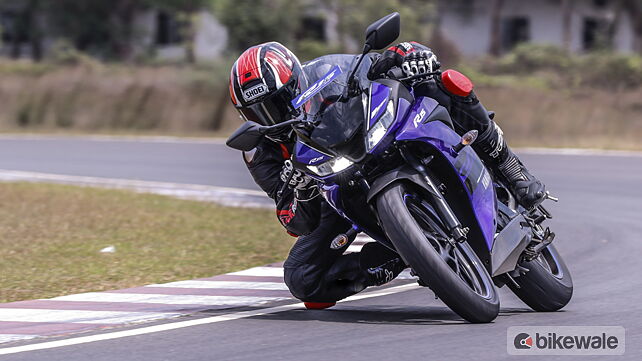












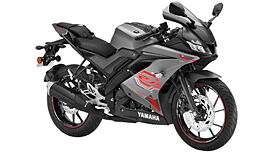
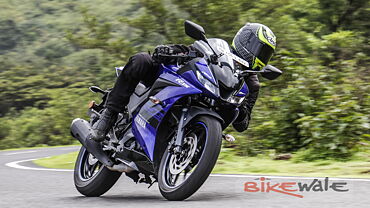
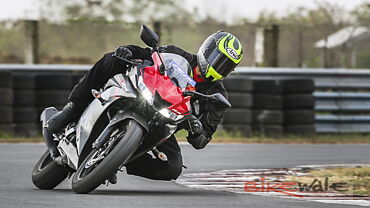

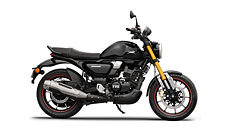
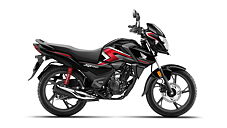
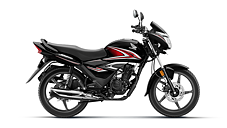

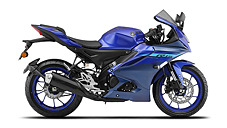
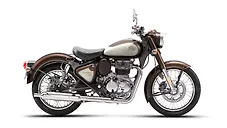
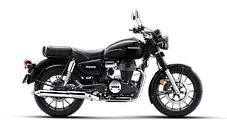
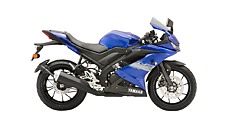
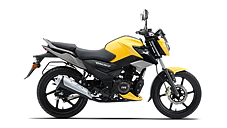
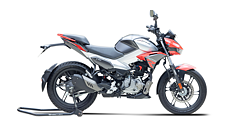
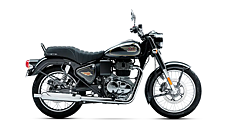
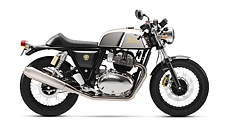
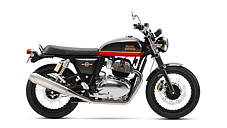
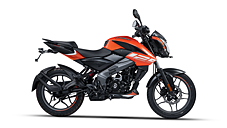


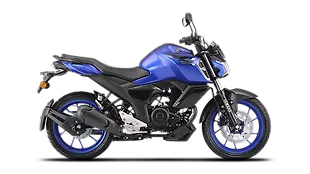



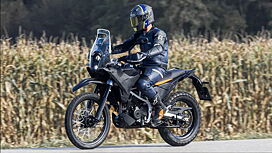
![KTM 390 Adventure X [2025] KTM 390 Adventure X [2025]](https://imgd.aeplcdn.com/272x153/n/cw/ec/190885/390-adventure-x-2025-right-side-view.jpeg?isig=0&q=80)